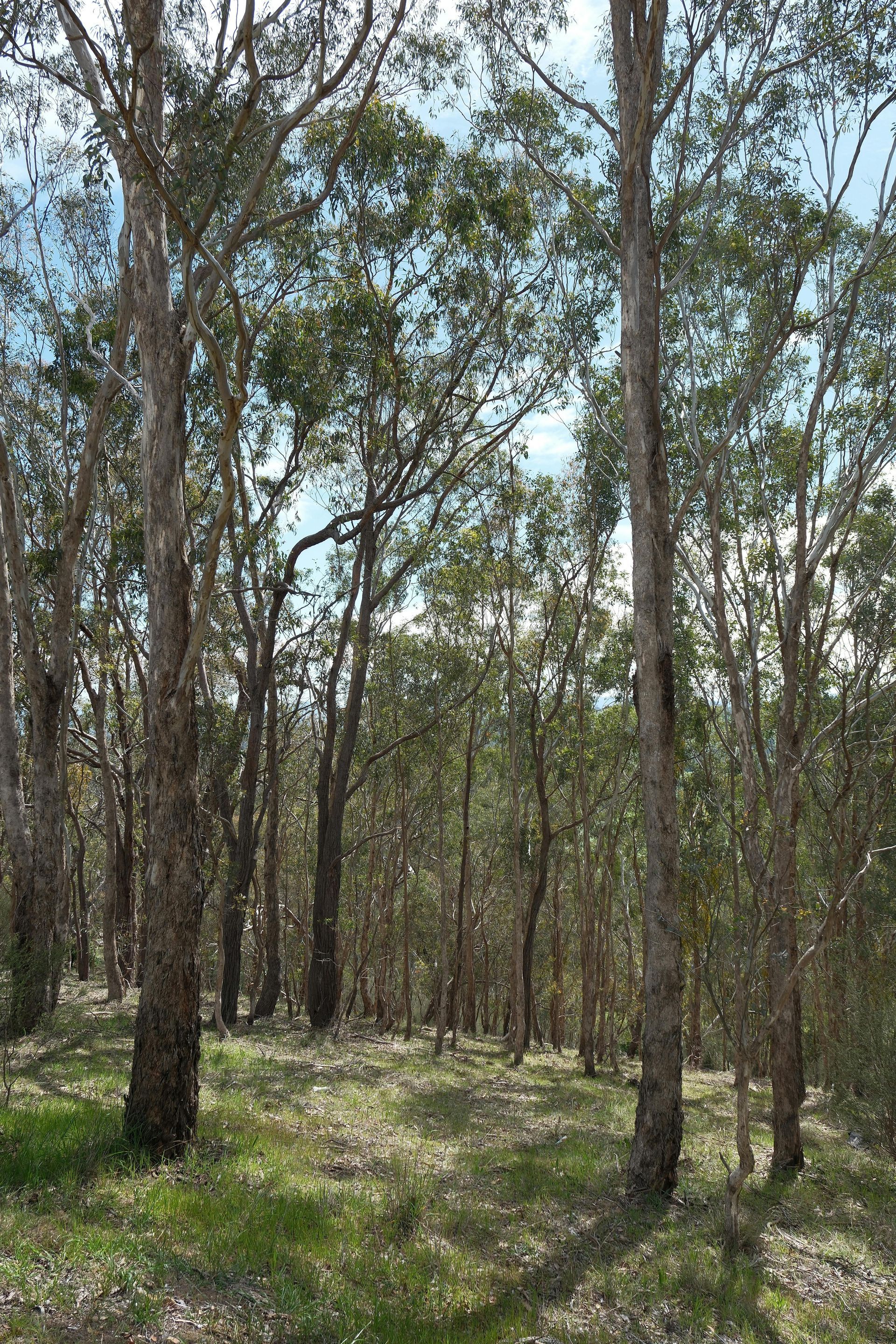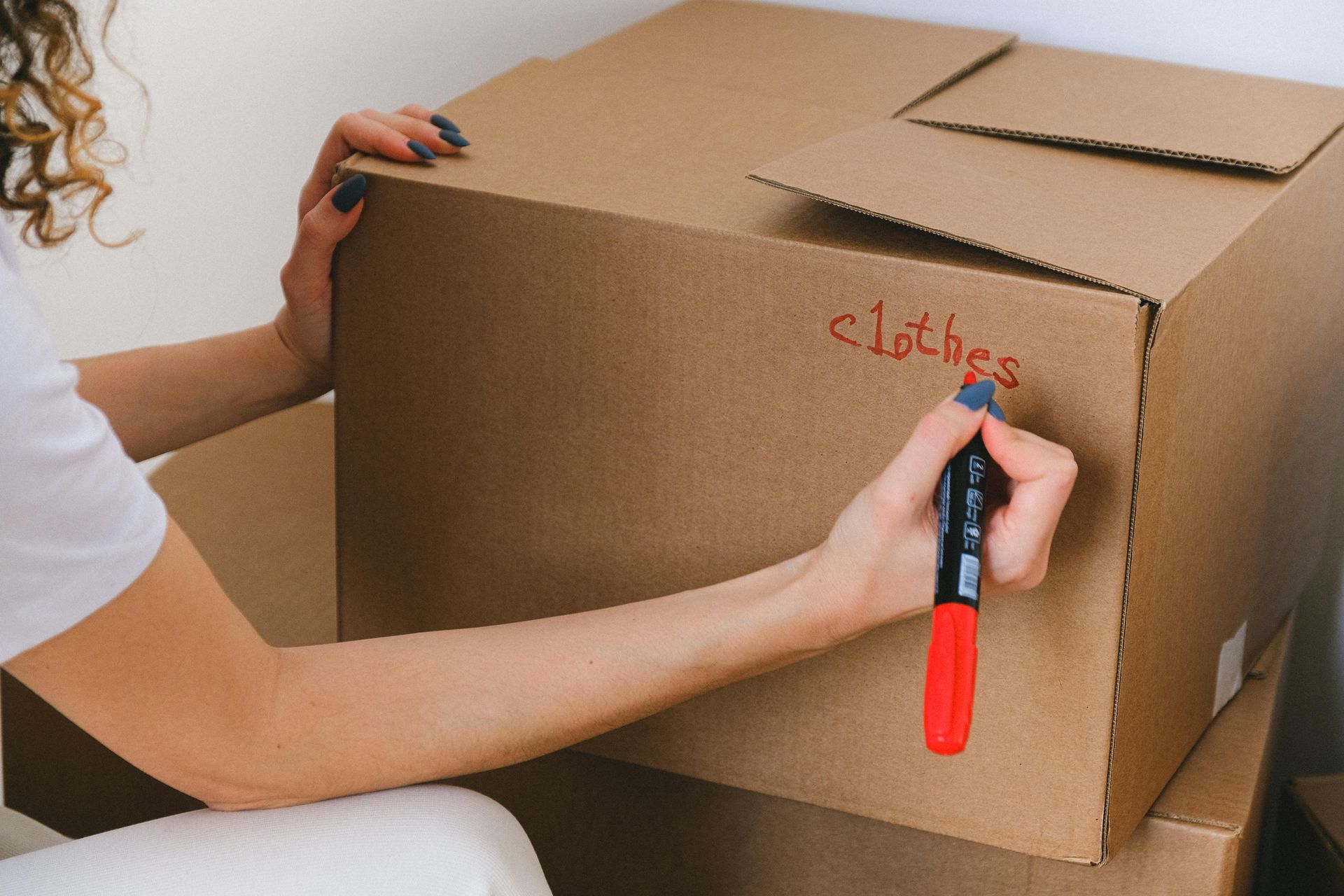Leaving Lightly: Your Guide to Sustainable Farewells and Decluttering
The "Keep, Donate, Discard" Method: Sort your items into these three piles.
Finish the Job. Take your donation and recycling piles out of the house as soon as possible.
How we live matters, but how we leave can matter too.
Whether you’re simplifying your home, getting your affairs in order, or curious about more sustainable ways to say goodbye, small choices can make a big difference for your loved ones and the planet.
This guide brings together key takeaways from one of our most popular @ HOME sessions, Leaving Lightly: Meaningful Farewells and Peace of Mind with Fiona McCuaig, founder of Walawaani Way Conservation Burial, a passionate advocate for natural and sustainable death care.
It’s designed to help you live (and leave) with intention while giving a glimpse into the kind of community education councils can bring to residents through the @ HOME program.
Rethinking Farewells: How to Leave a Lighter Footprint
Conversations about death and dying are often avoided, yet they’re deeply connected to sustainability. Traditional funeral and burial practices can have surprising environmental impacts, but a growing number of Australians are exploring more natural, regenerative alternatives.
Here are some options worth knowing about:
1. Natural Burials
Instead of a manicured cemetery lawn, natural burials take place in conservation areas or reforestation sites. Bodies are buried in biodegradable shrouds or coffins, helping regenerate the landscape and create habitats for native wildlife. It’s a way of giving back to the earth in the most literal sense.
2. Shrouded Cremations
Recent changes in legislation have made it possible to be cremated without a coffin, using only a simple shroud. This significantly reduces emissions compared to traditional cremations, which can release up to 200 kilograms of carbon dioxide.
3. Aquamation (Water Cremation)
Also known as alkaline hydrolysis, aquamation uses water and heat instead of fire, avoiding harmful emissions. It’s already available in parts of Australia, including Hobart.
4. Human Composting (Natural Organic Reduction)
Still awaiting approval in Australia, this process transforms the body into nutrient-rich soil within weeks. It’s already being used overseas as an alternative that quite literally turns loss into life.
While these practices are evolving, what matters most is having conversations about your preferences early. Discussing your end-of-life wishes helps loved ones make decisions that align with your values.
Simple actions to start with:
Talk openly with family about your wishes.
Research natural burial options near you.
Write down your preferences in a “Rest Easy”-style planning guide.
Register as an organ donor and let your loved ones know your choice.

Decluttering with Purpose: Lighten Your Life (and Someone Else’s)
Decluttering isn’t just about tidy cupboards, it also helps reduce stress, create space for what matters, and leaves less for others to sort through later. Mary Stewart from The Decluttering Co shared that decluttering is a powerful act of kindness, both to yourself and those you’ll one day leave behind.
Why Declutter Now:
For Yourself: Less clutter means more clarity and calm.
For Others: It spares family and friends from the emotional task of sorting belongings later.
For the Planet: Thoughtful rehoming, recycling, or donating keeps useful items out of the landfill.
How to Declutter Sustainably
Start Small. Choose a single drawer or cupboard rather than the whole house.
Decide Quickly. Avoid “churning” items from one place to another.
The "Keep, Donate, Discard" Method: Sort your items into these three piles.
Finish the Job. Take your donation and recycling piles out of the house as soon as possible.
Research Local Reuse Options.
- Donate clothes to organisations like Fitted for Work or Dress for Success
- Offer old towels to animal shelters
- Recycle e-waste and paper properly through your council’s recycling centres
And remember: don’t buy storage before you declutter. It’s often just another form of accumulation.
If you struggle to let go, take photos of sentimental items or ask a friend to help you stay focused. For some, hiring a professional organiser can provide valuable structure and emotional support.
Living (and Leaving) Lightly
Living sustainably isn’t only about what we consume, but how we prepare for change, including life’s endings. By making thoughtful choices today, you reduce waste, restore ecosystems, and ease the load for those who come after you.
You don’t need to make every change at once. Pick one small step:
- Write down your funeral or burial wishes.
- Declutter one cupboard this weekend.
- Donate to a cause that supports sustainable living.
-
Each action builds a legacy of care and mindfulness.
The
@ HOME program partners with councils to bring residents workshops, guides, and practical resources for sustainable living. If you’d love to see this kind of support offered where you live, let your council know you want them to be part of the program. See if your council is already a part of the program by
checking your postcode here.

SIGN UP FOR SPECIAL UPDATES WITH THE MONTHLY HOOD NEWS.

